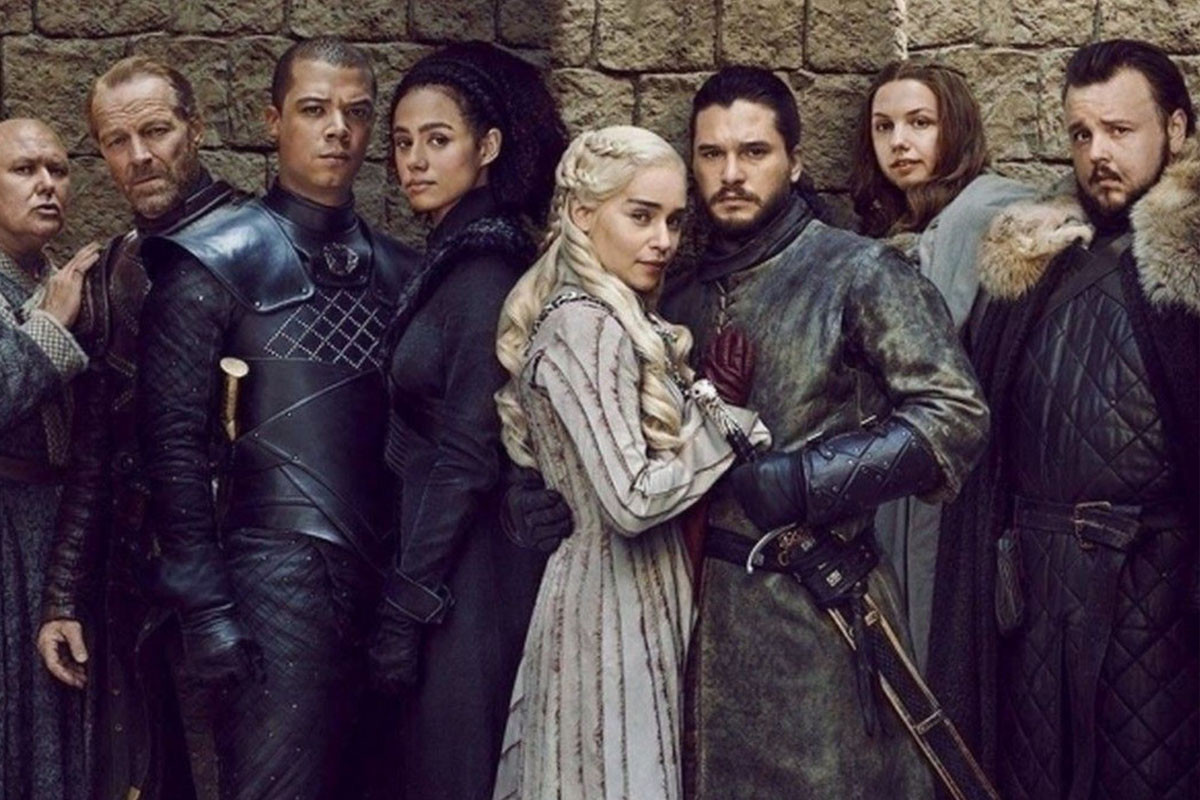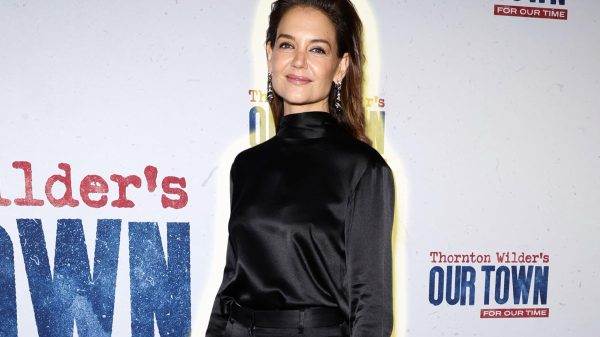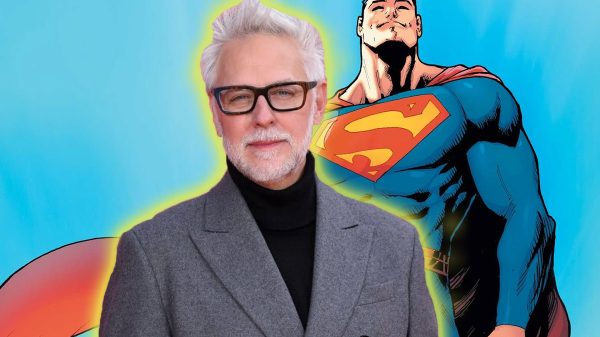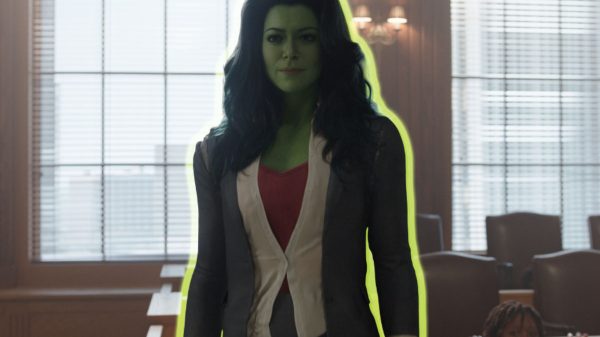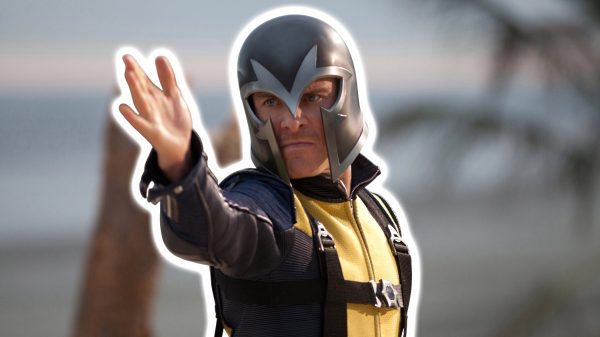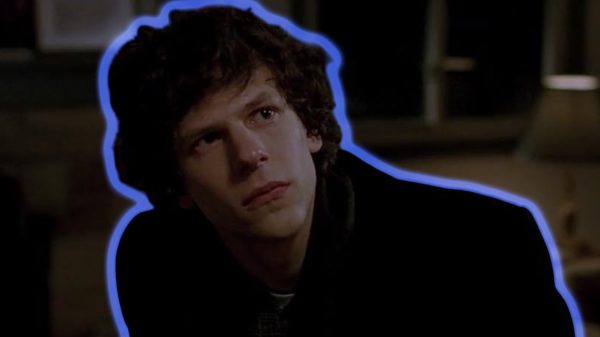In a recent interview with the Wall Street Journal, showrunners David Benioff and D.B. Weiss confirmed rumors about their original intention to conclude ‘Game of Thrones’ with a cinematic trilogy.
According to Benioff, the network’s executives were not interested in a theatrical release, prioritizing the brand’s identity as a home entertainment provider and noting that HBO stands for ‘Home Box Office’ and not ‘Away Box Office.’ As per WSJ, they also had rather unusual ideas:
“Benioff and Weiss, who have been friends since grad school, weren’t crazy about HBO’s then-owners, AT&T, whose executives once asked whether ‘Game of Thrones’ could be shot vertically so it would fit on your phone. The company also openly discussed the idea of snackable mini-episodes of the series.”
These suggestions were out of sync with Benioff and Weiss’s vision for the series’ grand finale.
There Was a Detailed Plan For The Movies

The concept of ending ‘Game of Thrones’ on the big screen was not just an idea but a detailed plan discussed with high-profile directors such as Guillermo del Toro and Quentin Tarantino. However, HBO’s refusal to venture into the cinema business for the series finale thwarted these plans.
Back in 2020, George R.R. Martin said the following about the plan:
“We had actually considered this option: David Benioff and Dan Weiss, the two creators behind the series, actually wanted to end the saga after the seventh season with three big movies. ‘Game Of Thrones’ was to end in the cinema. Four or five years ago, it was seriously discussed.”
The aftermath of the series’ conclusion resulted in widespread fan disappointment, with many viewers expressing dissatisfaction with the final season’s narrative decisions. This led to speculation about whether a film trilogy could have provided a more fulfilling ending to the series.
Out of frustrations with these constraints, the showrunners moved to Netflix following the conclusion of ‘Game of Thrones.’ Their new project, ‘3 Body Problem,‘ set to debut on March 21, reflects their desire for creative freedom and a stable partnership that was lacking in their previous collaboration with HBO and AT&T.

